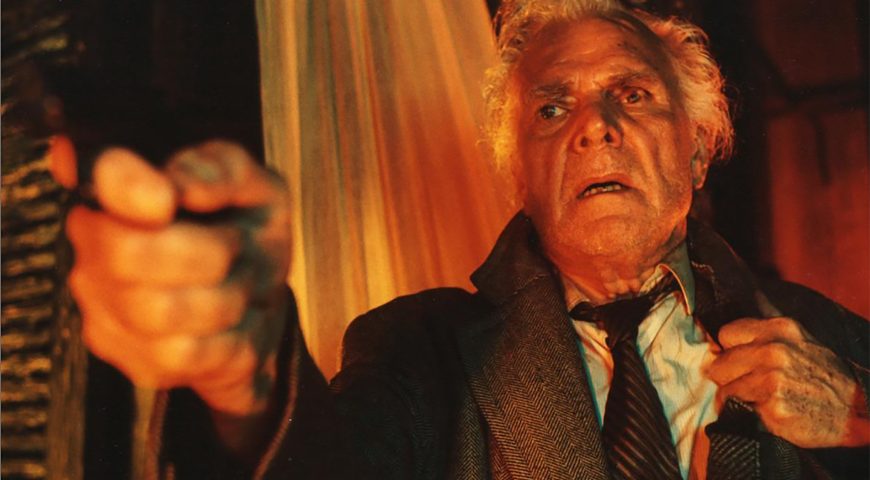A comprehensive retrospective of Danish film director Lars von Trier's feature films will be presented in Lithuanian cinemas from February 2-15. The program includes all 15 films created by the director for the big screen, some of which are shown in Lithuania for the first time. The retrospective is organized by the film program "Bear, Lion and Branch" in seven cities of Lithuania, in eight cinemas and on the "ŽMONĖS Cinema" platform.".
The director's work has not yet been presented consistently in Lithuania, but now is a good time for that - 2021. all of L. von Trier's feature films have been restored and digitized, and the director's innovative and controversial work has been developing for 40 years. Each screening will be accompanied by a short recording of a presentation prepared by film critics in Lithuanian, and the films will be subtitled in English and Lithuanian.

One of the most significant filmmakers of the postmodern style was born in 1956. in Copenhagen. Having started making films as a child, later studying cinematography and directing, L. von Trier is known for genre and technical innovations in cinema. in 1995 Together with fellow Danish director Thomas Vinterberg, von Trier published the Dogma 95 manifesto, which called on filmmakers to create films based on traditional values of story, acting and theme, without the use of sophisticated special effects or technology. The manifesto was created as an attempt to “return power to directors as artists” from the major film studios".
In his films, the director explores existential, social and political themes, criticizes the social order, likes to manipulate and provoke the audience, and skillfully conveys universal human feelings.
L. von Trier is called a provocateur for a reason - in order to throw a stone at the American cultural garden and criticize the global American influence on cinema, L. von Trier created the film "Dogville" (2003). In it, the main role went to the famous Hollywood actress Nicole Kidman. In his next film, the second part of the same "American Trilogy", "The Manderly" (2005) L. von Trier continues to condemn US society, although he himself has never been across the Atlantic (the director is aerophobic, afraid of flying, so all his films are made in Scandinavia). Despite this criticism, the director uses luxurious American equipment and collaborates with the brightest movie stars for his later films.

In the language of cinema, L. von Trier studies the degradation of Old Europe ("Trilogies of Europe" films), religion and faith ("Before the Waves" (1996), society's limits and freedoms ("Idiots" (1998), themes of sexuality ("Nymphomaniac" (2013). The depiction of female suffering is also inseparable from his films - some viewers accuse the director of sadism and hatred of women, while others see the ideal of a self-sacrificing woman in L. von Trier's films. Answers this question can be searched by viewing awarded with the "Golden Palm Branch". the movie "Dancer in the Dark" (2000). It stars a famous Icelandic music producer Björk, who won Best Actress at Cannes for this role.
The creative spectrum of the Danish film director is extremely wide - from the comedy "Director of all ends" (2003) Iki film strip "Melancholia" (2010), which L. von Trier himself describes as the most beautiful film about the end of the world. Through the director's latest horror film The House That Jack Built" (2018) at the premiere in Cannes, part of the audience loudly expressed their dissatisfaction and left the hall. However, von Trier was not surprised by the audience's reaction: "It's important not to be everyone's favorite." If everyone likes your piece, then you've lost".

"Lars von Trier often gives provocative interviews, often hides irony, makes fun of critics and film critics, says that he "reads his film reviews with his eyes closed". Maybe this led to the rather skeptical attitude of film theorists and historians, but few would dare to deny that the director broke more than one cliche of thinking about cinema and in more than one of his films re-formulated the close connection between realism and ideology," Kora writes about the director's work in "Kinas" magazine Ročkiene
A comprehensive retrospective of Lars von Trier's fifteen feature films in Romuva: https://kcromuva.lt/repertuaras/?filter_filmu-zyme=filmu-ciklas

